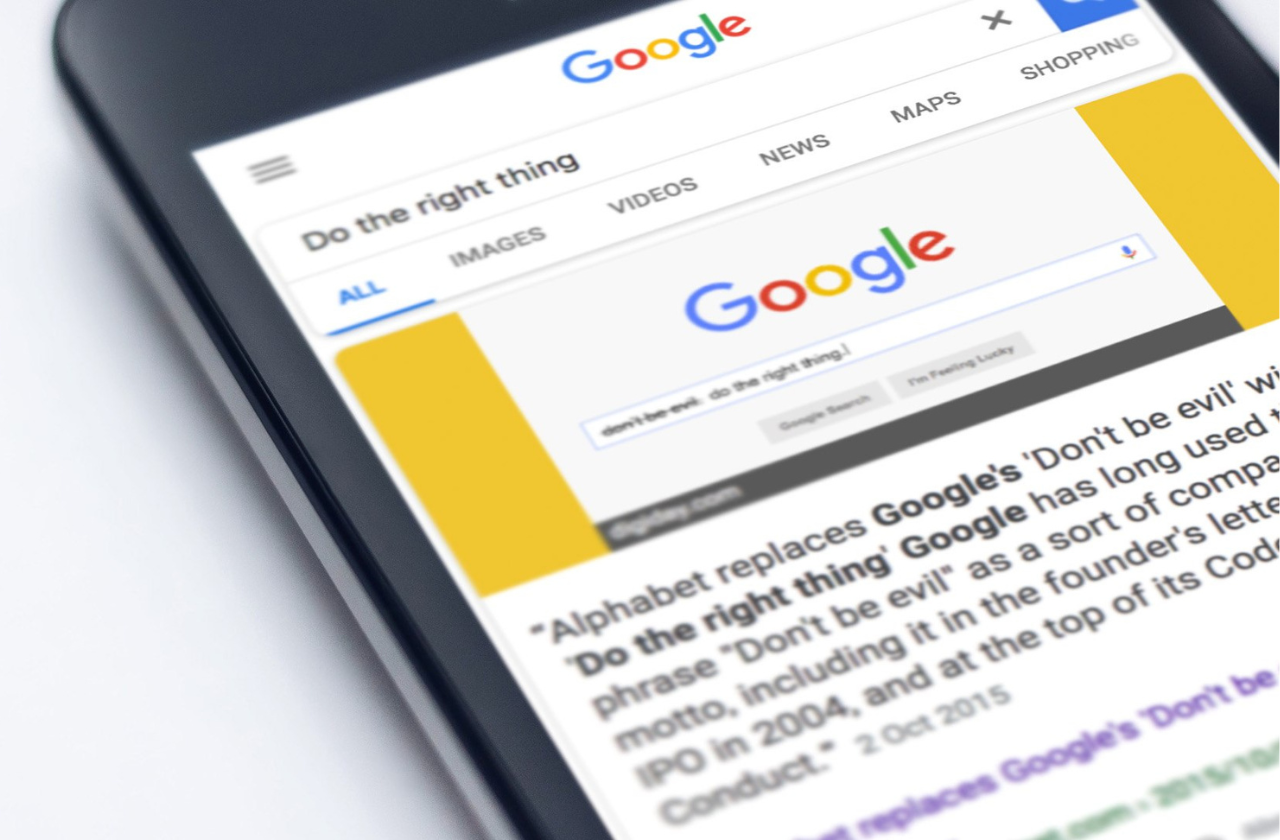






Concern over data privacy and protection has grown significantly in recent years. This is true both in the minds of consumers, with 71% stating they would stop doing business with a company that mishandled their personal data, and within legislation. If the threat of falling foul of privacy conscious consumers was not enough, the rollout of GDPR and its threat of P&L shattering fines certainly has been a wake-up call for many organisations across Europe.
Third-party cookies, or small text files that make it possible to track users across the web, including which advertisements they engage with, are key to measurement in the effectiveness of digital marketing. They are also one of the most impacted by data protection legislation, which is the reason why you are now prompted to accept or decline the use of cookies when visiting a website for the first time.
In fact, it appears that the death knell has been rung for third-party cookies – Apple removed all third-party cookie tracking from their safari browser in March 2020, and Google have announced that they will follow suit with Chrome in the next two years. The phasing out of third-party cookies will mean massive changes to the digital advertising industry. For publishers, or websites who serve ads next to their content, Google have predicted potential ad revenue losses of over 50%. However, the jury is still out on this. In the wake of GDPR, Dutch public broadcaster Nederlandse Publieke Omroep asked all website visitors to opt-in or out of cookie tracking, resulting in a 90% opt-out. In response, NPO moved to a ‘contextual targeting’ approach, serving ads next to relevant content, rather than based on the users behaviour as determined by cookie tracking. This approach performed so well, that NPO has now removed all cookie tracking from their website, and have since seen ad revenue increase significantly.
For advertisers, the negative impact on measurement is more certain. Without cookies, it will become much more difficult to track user behaviour, including conversions. Without the ability to directly measure and attribute conversions to digital advertising, understanding which campaigns and channels are working most effectively, and where an advertisers money should be spent, becomes much more challenging.
In a recent article published in the ‘Think With Google’ blog, a solution to this challenge is proposed – conversion modelling using machine learning algorithms. This, Google suggests, is the key to unlocking accurate measurement where gaps exist in media measurement. The conversion model would make use of observable data and historical trends to make an informed estimate and fill in the gaps where conversion data is missing.
This is an effective approach depending on the quality of the data fed into the conversion model. However, it does create a dilemma for advertisers, who in the U.K. alone spent £15.69bn on digital ads. For every $1 spent on advertising, Google takes $0.31, leaving $0.69 to the publisher. This being the case, can advertisers trust Google to judge the value of advertising dollars spent on its own platform? People respond to incentives, but will Google? This cynicism may be unfair. Google is clearly an authority in data-driven attribution, in fact machine learning has been used within its advertising platforms for many years to help advertisers optimise spend.
However, if advertisers do find themselves distrusting of Google’s own conversion modelling and wanting to create their own solutions, they will need to acquire their own data science and machine learning capabilities. This skill set is already in short supply, so much so that in the U.K., £24m in government funding is being provided for ‘conversion courses’ in artificial intelligence and data science.
Third-party cookies will most likely be purged from internet existence in the coming future. If you are an advertiser with a significant spend on digital channels, you might want to consider getting ahead of the curve and investing in these skills, or risk losing the ability to effectively decide where to put your advertising dollars.



Our dedicated team dives deep, delivering relentless value and aligning digital solutions with your goals in a way that guarantees success
Learn more